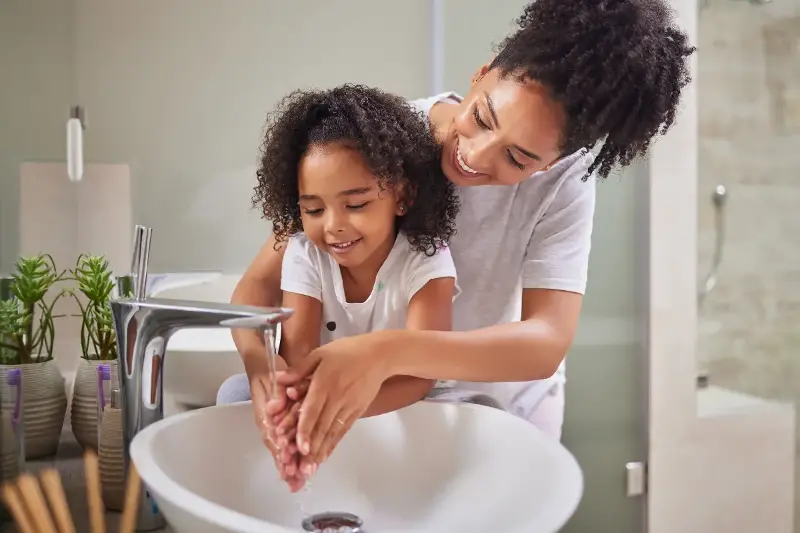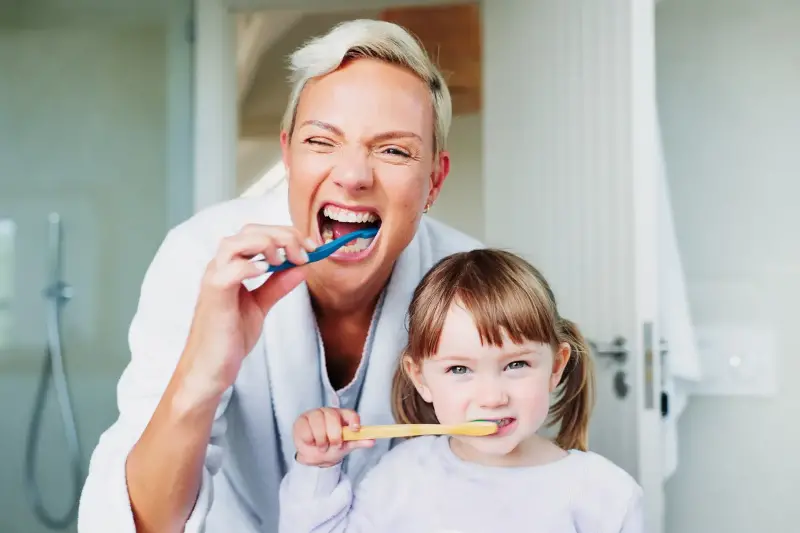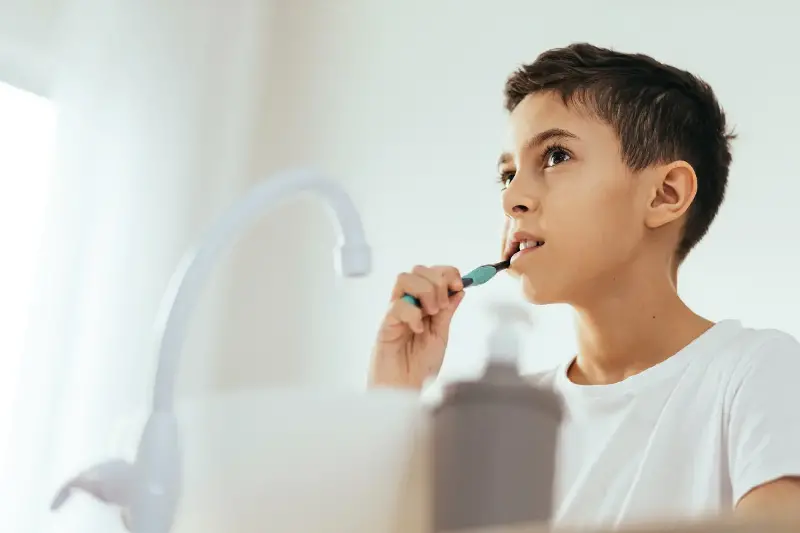For parents everywhere, few battles are more consistent (or confounding) than motivating children to embrace healthy hygiene routines. From teeth brushing to hand washing, cultivating habits that don’t come with daily protests or melodrama feels almost mythical. But what if you discovered simple, parent-backed secrets that not only foster these daily habits but also make kids enjoy them? Here’s how you can transform daily hygiene into delightful rituals.

The Magic of Modelling: Seeing Is Believing
Children are master mimics. Though you might think they’re resistant to every instruction, your everyday actions have more sway than you realise. Parents who demonstrate their own care for hygiene—rinsing their hands visibly, flossing with flair, or taking pride in a skincare routine—tend to raise youngsters who follow in their footsteps.
When you involve your kids—letting them see the bubbles, hear the energetic scrubs, and feel the soft towels—hygiene habits spring to life. What kids observe matters more than what they’re told. So, every time you make toothbrushing look fun (or dance a little as you wash up), you plant seeds for lifelong habits.
Routine, Rhythms, and Rituals: Building Predictable Patterns
Human brains thrive on routine, and for children, rhythms are especially comforting. Embedding hygiene into predictable patterns not only removes negotiation but also gives a sense of safety.
- Set specific “hygiene moments”—like brushing right after breakfast and before bed.
- Anchor washing hands to activities (e.g., always after coming indoors or before meals).
- Use timers, music, or visual charts to add structure.
Consistency breeds confidence and independence. When children know what to expect, they soon take pride in doing it without prompting.

Making Hygiene Playful: Transforming Chores Into Games
Let’s face it: most kids are wired for play. Why not harness this superpower? Parent-approved tricks for making hygiene irresistibly fun include:
- Turning toothbrushing into a song challenge—who can finish brushing before the song ends?
- Creating “soap monsters” during handwashing, using plenty of lather and silly grins.
- Giving points or stickers for each completed task, redeemable for a small treat or family activity.
Even the strongest-willed child is more likely to join in when hygiene moments are peppered with joy and creativity. When laughter is part of the process, the resistance dissolves, and good habits harden like cement.
Empowerment Through Choices: Letting Kids Take the Lead
Children crave control in their lives—and hygiene is the perfect arena for choice. Consider these options:
- Let them pick their own toothbrush or gentle soap with a favourite scent.
- Offer two toothpaste flavours.
- Allow them to decide the order of their hygiene routine.
When kids feel involved, they are more invested in the outcome. Giving responsibility demonstrates trust, cultivating ownership over their well-being.

Storytelling & Science: Fuelling Curiosity With Facts
Kids are naturally inquisitive. Why not turn daily hygiene into a science adventure? Parents have found success with simplified, fascinating explanations:
- Show how washing hands “washes away invisible germs” or watch fun videos on how bacteria work.
- Use blacklight kits to demonstrate cleanliness after hand washing.
- Read stories or books about bright, healthy smiles and super-clean superheroes.
When hygiene moves from rules to reasons, children become eager participants, fuelled by curiosity rather than compliance.
Celebrating Success: Highlighting Consistent Wins
Recognition is powerful. Create small, sincere celebrations when your child embraces a hygiene habit without reminder. This could mean:
- A big high-five after a week of unprompted teeth cleaning.
- Letting them explain the importance of cleanliness to a sibling or pet.
- A “hygiene hero” certificate displayed on the fridge.
Acknowledgement lights up children’s self-esteem and leaves them hungry for more positive attention.
A healthy relationship with hygiene, like all things in parenting, is more a journey than a destination. By leaning on modelling, routine, fun, choices, storytelling, and celebration, you may soon discover your children eagerly reaching for the soap and toothbrush.
What new rituals could you shape this week to make healthy hygiene a cause for joy in your home—and how might it inspire their habits for a lifetime?
